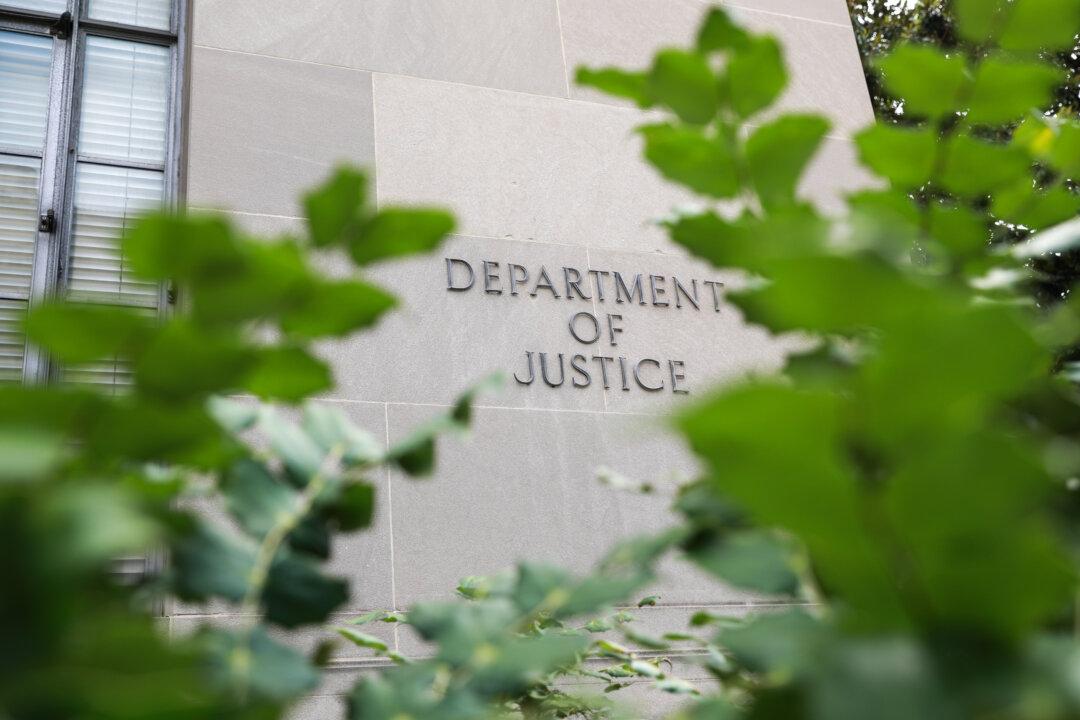NEW YORK—An increasing number of U.S. states are giving childhood victims of sexual abuse more time to decide if they want to file lawsuits, part of a growing trend to expand the statute of limitations—one of the major legal impediments for victims.
So far this year, at least three states—California, New York, and New Jersey—have signed similar legislation. Most victims who experience sexual abuse in their childhood don’t disclose their trauma until adulthood, multiple studies have indicated.





